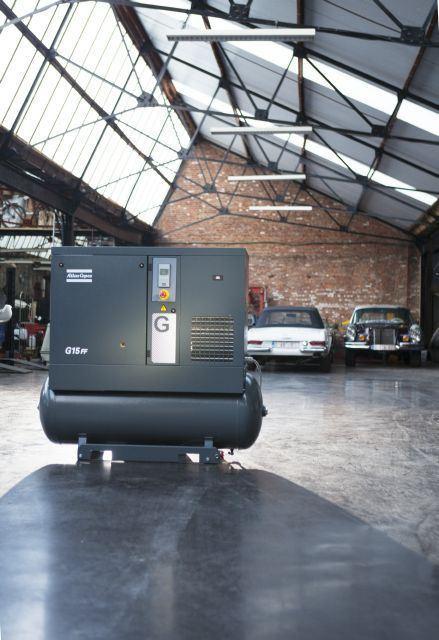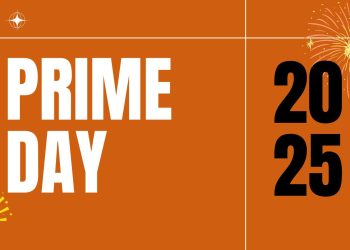Table of Contents

Many businesses use air compressors, and their uses range from powering small tools to being used in large industrial applications. Air compressors provide clean energy for different applications. They do not lead to overloading, unlike electrical power. They also produce more torque and power, lasting longer as there are fewer moving parts.
However, it is important to choose the right air compressor. How can you tell which air compressor is best for your business and what size air compressor do you need? Here are key considerations for determining the right air compressor and size for your business.
Air compressor grades
There are three grades of air compressors. Consumer-grade compressors are meant for home use or for garage-type projects. It uses low pressure and is often used for one tool at a time. Contract-grade compressors enable small tools, like a nail gun, to be used in work sites. Commercial air compressors are heavy-duty equipment, can power tools at a much higher pressure than the first two types, and are used in factories, oil rigs, and ships.
Single- or two-stage compressor?
Single-stage air compressors have a low capacity and are usually portable. Most of these can be found in homes and used for simple house or shop projects. They come in different sizes as well as capacities. The larger models often have storage tanks that hold compressed air for several hours.
The two-stage air compressors are often used in garage projects and manufacturing plants and provide enough power to run several tools at the same time. These compressors have air that is compressed twice, have larger storage tanks, up to 200 gallons and more, and cost more than the single-stage compressor.
Capacity of air compressor
The capacity of the air compressor you get depends on these factors:
- Pounds per square inch (PSI): The higher the PSI, the more compressed air there is in the tank
- Cubic feet per minute (CFM): This refers to the amount of air the compressor can deliver. The more tools you use, the higher the CFM you should be looking for in a compressor
- Horsepower (HP): The power produced by the compressor motor. The higher the HP, the greater the PSI
- Tank size: The larger the tank, the longer it can hold a higher PSI. When comparing compressor models, check these specifications
Rotary screw or piston?
Piston-type compressors are most commonly found in the automotive-service industry. They supply a lower air output, lower air quality, are generally noisy, and operate at higher temperatures. They also consume more power for a certain output.
Rotary screw compressors are more reliable, have better air supply, require less maintenance, and consume less power. They may be more expensive but compensate for the added cost in the long term.
Power source
Air compressors run on electricity, petrol, or diesel. Electric-powered compressors are generally more quiet, best in areas where electricity is reliable and consistent. They are best in environments where ventilation is not too good, like enclosed spaces. They are also less powerful than compressors powered by fossil fuels.
A diesel-powered compressor is usually movable, can be used outdoors even in adverse weather, and is usually heavy duty and powerful. Since it is diesel-powered, it tends to be noisy and produces toxic fumes. A petrol-powered compressor is lighter and quieter than its diesel variant. However, it is less powerful than the diesel option and could have higher maintenance costs.
Choosing the wrong air compressor can be costly as it could mean unnecessary energy costs as well as lost production time. Look for a manufacturer who has a reliable track record, who can discuss the different types of compressors with you, and suggest options after considering the business you are in.







